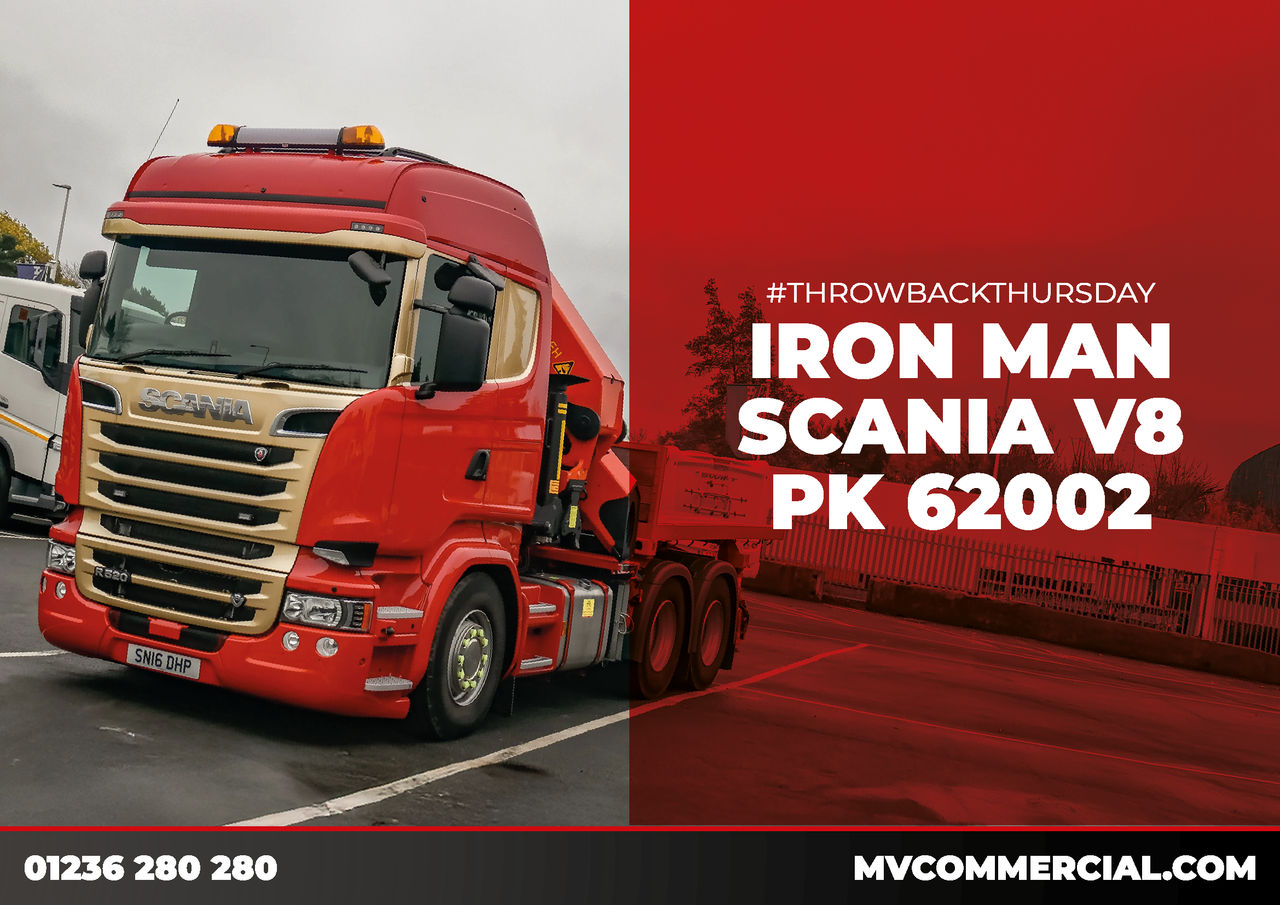Crane Operation - Intro to Cranes 101
The world is crane operation is both exciting and challenging as no two jobs will ever be the same. This can make getting into the crane game daunting for many new operators, so we’ve had a chat with some of our operators and put together a few helpful tips to prevent minor issues happening and to help you keep those arms extended…

Crane Operation - Intro to Cranes 101
The world of crane operation is both exciting and challenging as no two jobs will ever be the same. This can make getting into the crane game daunting for many new operators, so we’ve had a chat with some of our operators and put together a few helpful tips to prevent minor issues happening and to help you keep those arms extended…
Reminder: there are an uncountable number of things that can go wrong, if you have a major issue, please seek advice from a qualified crane engineer immediately!
Important Word of Advice if You are New to Cranes
If you are new or unfamiliar to operating cranes, then please seek professional training or familiarisation before attempting to use and ensure that all your training is up to date.
It may seem daunting at first, but once you have had proper training it makes you more confident in your own & the crane’s ability. Do not rush (taking your time is the key to perfection). Think about what it is you are doing whilst being fully aware of your surroundings and environment, this is a crucial part of making sure yourself and others are safe at all times. Also, make sure you are confident in everything you are performing; confidence is key. (And don't forget your pads!)
However, the final and most precious piece of advice to give is that if you are unsure of anything… ask! MV Commercial and the crane operator community are always there to give you advice, tips and tricks to make the most out of your crane truck.
At MV Commercial we have an outstanding crane team who are ALLMI trained & here to help if you need a word of advice or are indeed looking to book ALLMI operator training. Make sure to call us on 0800 862 0127
The Top 2 Basic Crane Rules
1. Keep on Top of Maintenance
The best day for maintenance is before anything goes wrong, the second best day is today.
Staying on top of regular maintenance such as regular greasing & inspecting allows problems to be identified before it can cause major disruption or crane failure. Not only do inspections keep the crane compliant (the Lifting Operations and Lifting Equipment Regulations 1998), but will also help to keep your employees safe, increase life expectancy, and reduce future costs. Make sure your crane is being tested at least every 12 months (Age dependent) and serviced regularly.
2. Identify the Warning Signs
There are some immediate warning signs on your crane you need to be looking out for including:
- A change in noise in general crane usage
- A change in smell i.e., hydraulic oil
- Any flashing lights on the warning system (in cab)
- General error codes on crane display unit (know where to find them)
- Increased heat emission from the hydraulic oil tank etc.
- A change in movement speed in general crane usage
If you notice any of these STOP using your crane immediately, continuing to use as normal will cause more damage and lead to longer off-road time.
The Top 2 Most Common Problems and How to Avoid Them
Aside from runnig foul of the pad police, these are two of the most common problems that new crane operators encounter:
1. Low Oil Level
Make sure you are continuously checking the oil level during your daily checks. Remember to top up when required with the proper grade of oil & have your oil analyzed & filters changed during service intervals!
2. Diverter Valves on Tipper Cranes
The diverter valve for the tipper to crane function needs to be in the correct function position, if not this will lead to no hydraulics for the desired function. Making sure the mode of operation Is clearly visible will prevent the operator from making this mistake.
Top Tips for Cold Weather Working on Your Crane
This one is short and sweet, stay warm! Unless you are operating your crane in the Maldives (in that case you can skip over this section) it is very likely that you are going to encounter some bad weather at some point.
The key to staying warm in cold weather is having good quality PPE: head protection, more than one layer of clothing and especially remember gloves. A good set of gloves can be your best friend so ensure that you get the right ones.
How best not to lose your remote?
Crane remotes are not a cheap piece of equipment, which means you are hopefully not looking to lose your crane remote and end up on the forums asking if anybody has seen it lying on the side of the A1.
Since this is a loose piece of equipment, you would be surprised the number of times this has happened!
The best tips on how not to lose your crane remote:
- Where fitted, always place the crane remote back into designated docking station ensuring alarm system working, once work is completed.
- Wear appropriate harness PPE provided – This keeps the string attached between you and your crane remote.
- Never leave your crane remote anywhere it can get left behind.
- As per ALLMI operator training, please do not walk with the remote while switched on/operating.
Here at MV Commercial we are one of the leading specialist vehicle suppliers in the UK. We fit, service and repair cranes from all leading manufacturers including Hiab, Palfinger, Cormach and PM.
To view our Ready To Go fleet of crane trucks Click Here




